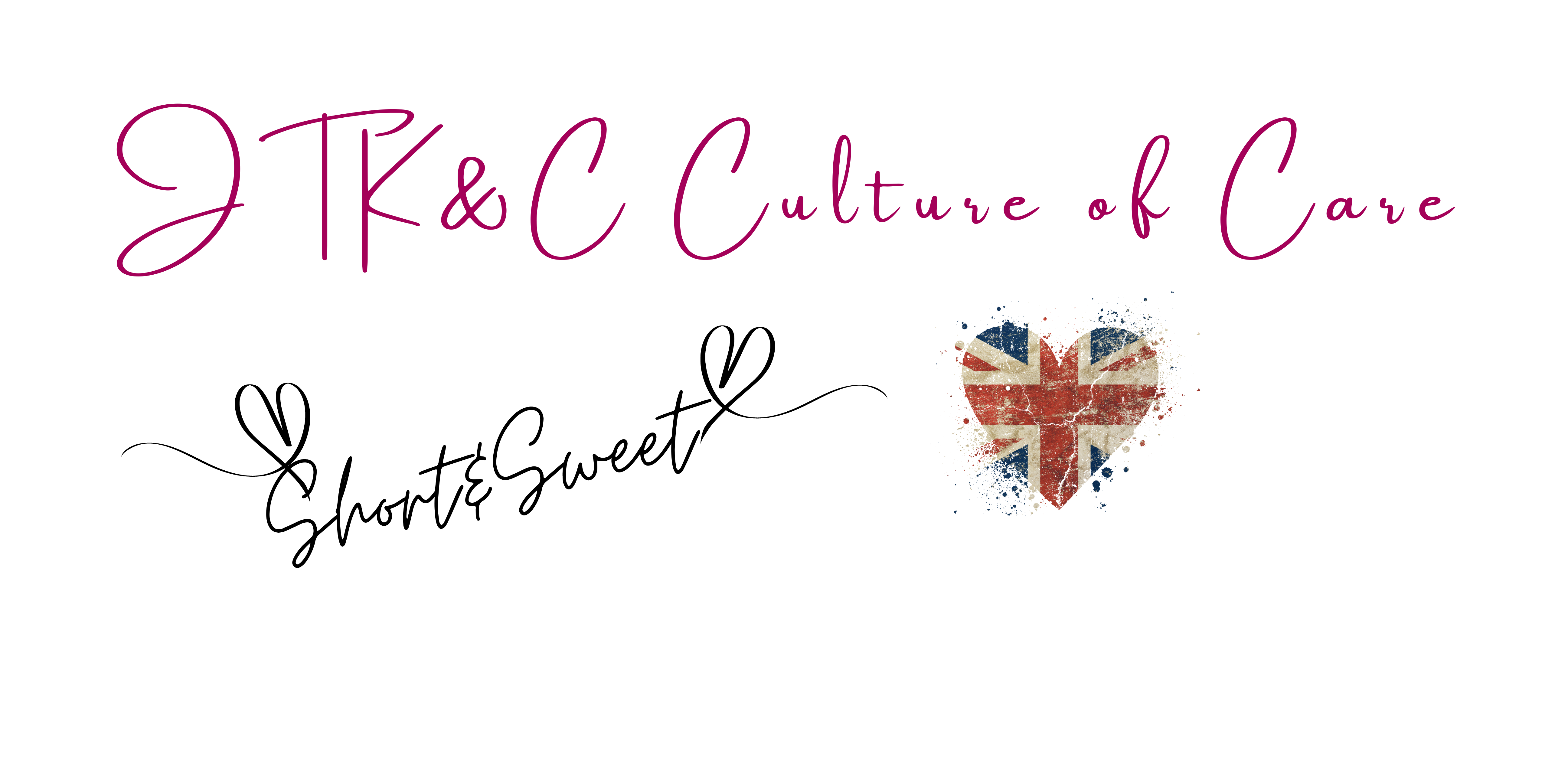Kemi Badenoch Sunday July 30 2023, 12.01am BST, The Sunday Times

https://www.thetimes.co.uk/article/kemi-badenoch-banking-scandal-natwest-niigel-farage-wdp3mmq0w
I became very uneasy reading this month that NatWest Group had closed the account of Professor Lesley Sawers. Why had this accomplished businesswoman, appointed an OBE for services to equalities and business, had her bank account closed after 25 years? Dr Sawers happens to sit on the board of the Equality and Human Rights Commission. The implication was that she had lost her account for speaking about contentious issues such as transgender rights and women-only spaces. Yet it’s her job to talk about these things.
https://www.scottishdailyexpress.co.uk/news/uk-news/scots-gender-equality-campaigner-bank-30398305
The government appoints people to these positions, often to do very difficult work in the public eye. It is absolutely critical that they are protected and not punished for speaking their minds with a draconian application of Politically Exposed Persons (PEP) regulations.
Last week I watched commentators and Labour MPs tie themselves up in knots trying to justify the closing of Nigel Farage’s bank account, simply because they didn’t like his views. Yet when the lawyer Gina Miller, whose views are at the other end of the political spectrum, says her party’s bank account has been closed, it appears as if political activity itself is being proscribed.
It is perfectly reasonable for banks to be arbiters of legality in financial transactions; however, they cannot become arbiters of morality, withdrawing essential services from people they think are problematic.
Yet this is just the tip of the iceberg. In recent years something far more insidious has been occurring. It isn’t just bank accounts that are being withdrawn, but people’s very livelihoods are being threatened for their views; people such as Maya Forstater, who had to take her case to court to prove her beliefs were protected under the Equality Act. She is not alone. Over the past three years, the Free Speech Union has supported more than 2,000 cases of people across the UK who’ve lost their jobs or been disciplined at work for lawful free speech.
The root of the problem is a fundamental misunderstanding of the Equality Act 2010, often exploited by those with a separate agenda. The Equality Act is a shield, not a sword. It is about preventing discrimination, not social engineering. There are no protected groups in the act, only protected characteristics. A white man is just as protected on the characteristics of race and sex as a black woman, yet many believe the act is there just to protect minorities, when in reality it protects us all.
Many companies’ diversity and inclusion activities are falling foul of the law; for example by confusing legal positive action and positive discrimination, which is illegal — except when selecting political candidates (a handy get-out-clause Labour devised to use all-women shortlists). Encouraging people from underrepresented backgrounds to apply for a job or go for a promotion is positive action, and legal. Restricting applications for a position to a certain group is positive discrimination and most certainly isn’t. This has led to increasing calls for the Equality Act to be scrapped. The act is 13 years old and could be improved but the issue is not the law. It’s bad actors misrepresenting it to suit their agenda.
Many of these laws were written at a time when institutions knew how to self-regulate. Someone proposing a terrible idea would be checked by colleagues in the organisation. Today, those colleagues are scared of being called bigots for disagreeing, so they say nothing. What the Farage and Sawers cases have done is show that this problem is getting worse. Long-held tenets of liberal democracy — freedom of association, freedom of conscience, the presumption of innocence — are being tossed aside in favour of dubious inclusion strategies that themselves fall foul of the law. In some cases they’re cancelling people before any wrongdoing occurs, leaving them with no way to prove their innocence.
So how is this government helping when individuals are trapped in these Kafkaesque circumstances? The new requirements for banks seeking to close customers’ accounts set out by the Treasury show that in extremis, we will step in. However, it is critical that we regulate as a last, not a first, resort. We have a plan that starts from first principles; in stark contrast to the knee-jerk reactions of the opposition political parties, whose views change depending on the politics of the victim.
It is not government’s job to write companies’ HR policies. However, it is our job to stop them doing harmful things based on a misunderstanding of the law. My department has been working on a better way to do diversity and inclusion, wrestling the issue back from the activists and the professionally offended without making new laws. Our Inclusion at Work panel of experts from academia and business will develop resources based on evidence not ideology. This will help leaders and their confused HR colleagues understand what actually works and supplant the dubious materials from snake-oil salesmen operating in a largely unregulated space.
I’m committed to bringing people together, rather than atomise them into identity groups, and helping businesses to focus on delivering healthy working environments, rather than becoming social regulators.
Kemi Badenoch is business and trade secretary and minister for women and equalities
